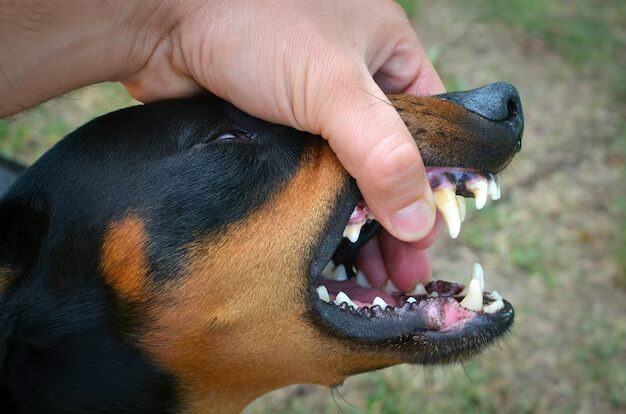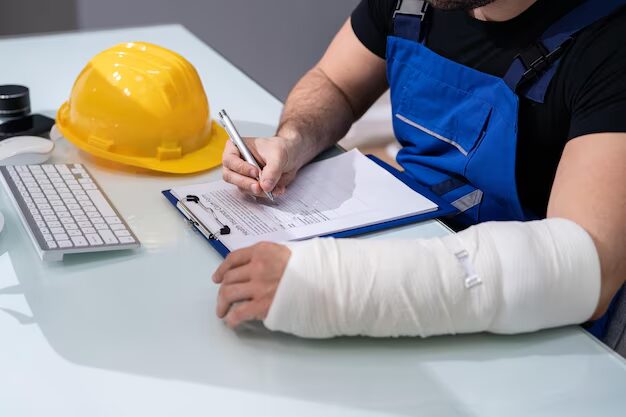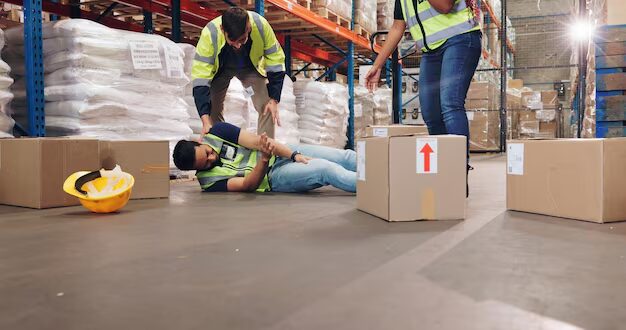
When making a personal injury claim—whether arising out of a motor vehicle collision, slip/trip and fall, dog/animal bite, etc.—thorough medical records is one of the most important requirements to support the claim. The medical evidence established between an injured victim and their physician lays the foundation to support (and strengthen) the case. Medical evidence may demonstrate how severe the injuries were, how long the symptoms lasted, as well as document the pain and other hardships an injured person endured while treating and recovering from the injuries.
Why are Medical Records Important?
The medical documentation produced from your care and treatment provides an insurance adjuster much of the information needed regarding diagnoses, treatments and procedures, and how the injuries affected your life and may continue to do so in the years ahead.
Failing to seek medical attention after an injury may suggest the injuries were not so bad, or as bad as one might later claim. Insurance companies are notorious for denying (or minimizing) an injured victim’s claim, arguing that the claimant really was not injured because they did not see a doctor. The insurance companies’ logic that if you are hurt, then you treat. Therefore, rather than pay for injuries, an insurance adjuster might offer to pay for the inconvenience an accident injury might have caused. That’s just unacceptable.
What’s more, visiting a medical facility, but not following the advice or attending follow-up appointments sends a similar message. To the insurance adjuster evaluating the claim, lack of follow-up treatment and/or failure to comply with a doctor’s recommendations may signal that the claimant was not hurt, or that any injuries sustained were minor. Your medical records help paint the full picture. With appropriate medical documentation, we can better prove injuries sustained (or caused) by the accident, the nature and extent of the injuries, treatment for the injuries, pain complaints, permanent health issues, how the injuries and treatment affected you, your job, your family, etc. and how the injuries and treatment may continue to affect you in the long term.
Addressing Gaps in Care
If there are gaps in your treatment, you can pretty much guarantee the insurance company will pounce on the opportunity to deny (or minimize) your claim, again arguing that you really were not hurt or that any injuries sustained were minor. While gaps in care are bad, do not be discouraged. Lebovitz Law Group may have strategies and counterarguments to explain or fix the gaps in care in your specific case.
When we have the necessary evidence to prove your case, the insurance company’s options are limited, and we are more likely to arrive at a favorable settlement outside of court. Furthermore, we find these settlements far more reasonable, fair and just than as compared with the injured claimant that received little to no treatment and with minimal to no medical evidence to support their injury claim.
If you are involved in a motor vehicle collision, slip/trip and fall, suffer a dog/animal bite, or any other personal injury, please seek medical attention right away. At LLG, priority number one is always your health, wellbeing and recovery. Second to that, as you now know, medical documentation is key to get you the compensation you deserve for your injuries. Whether you’ve followed the strict instructions of the doctors or have gaps in care, we urge you to contact us today.
Sort by Category
Related Posts

Dog Bite Scarring and Disfigurement: Understanding Your Compensation in Phoenix
When a dog attack leaves permanent scars or disfigurement, the physical wounds are only part of the story. Beyond the initial trauma, victims face years, sometimes a lifetime of psychological distress, costly medical treatments, and social challenges that can...

Dooring Accidents in Phoenix: When a Car Door Hits a Cyclist
Cycling through Phoenix's expanding network of bike lanes should be safe, but one dangerous scenario continues to injure dozens of cyclists every year: dooring accidents. This occurs when a parked vehicle's driver or passenger opens their door directly into the path...

Catastrophic Motorcycle Injuries: Understanding Long-Term Compensation in Arizona
When a motorcycle accident results in catastrophic injuries, the aftermath extends far beyond the initial crash scene. Life-altering injuries like spinal cord damage, traumatic brain injuries, or permanent disabilities transform not just the victim's life but their...

What a Phoenix Personal Injury Attorney Actually Does for Your Case
After an accident, you face a critical decision: handle the insurance claim yourself or hire a personal injury attorney. Many people wonder what does personal injury lawyer do Phoenix that justifies their fee, especially when insurance companies make...

Slip and Fall at Walmart, Target, or Costco: Your Legal Rights in Phoenix
If you've been injured in a slip and fall at a big box store in Phoenix, you're facing a unique legal situation. Major retailers like Walmart, Target, and Costco operate differently than small businesses, and understanding these differences is crucial to protecting...
Why Insurance Companies Deny Car Accident Claims in Arizona
You did everything right after your car accident. You called the police, exchanged information, sought medical treatment, and filed your insurance claim promptly. Then came the letter: "We regret to inform you that your claim has been denied." If you're wondering why...
